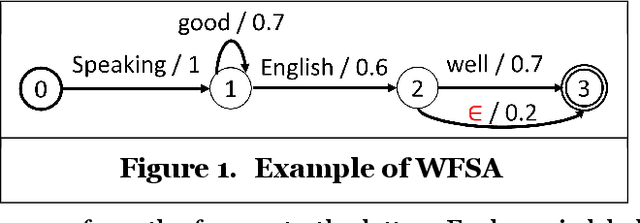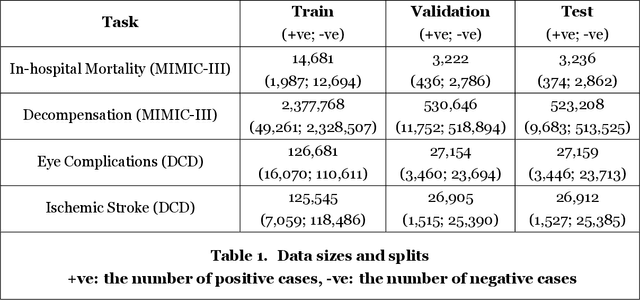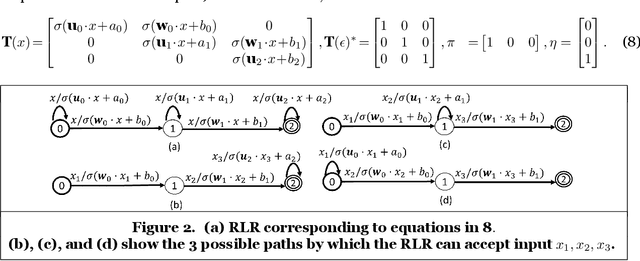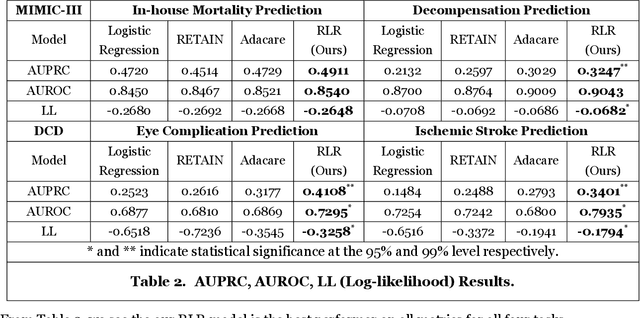L Vivek Harsha Vardhan
Interpretable Predictive Models for Healthcare via Rational Logistic Regression
Nov 05, 2024



Abstract:The healthcare sector has experienced a rapid accumulation of digital data recently, especially in the form of electronic health records (EHRs). EHRs constitute a precious resource that IS researchers could utilize for clinical applications (e.g., morbidity prediction). Deep learning seems like the obvious choice to exploit this surfeit of data. However, numerous studies have shown that deep learning does not enjoy the same kind of success on EHR data as it has in other domains; simple models like logistic regression are frequently as good as sophisticated deep learning ones. Inspired by this observation, we develop a novel model called rational logistic regression (RLR) that has standard logistic regression (LR) as its special case (and thus inherits LR's inductive bias that aligns with EHR data). RLR has rational series as its theoretical underpinnings, works on longitudinal time-series data, and learns interpretable patterns. Empirical comparisons on real-world clinical tasks demonstrate RLR's efficacy.
 Add to Chrome
Add to Chrome Add to Firefox
Add to Firefox Add to Edge
Add to Edge